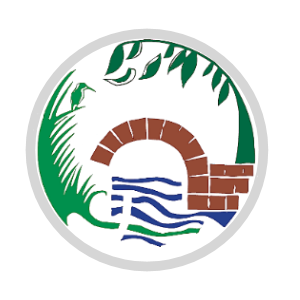Watervoles the re-introduction project
In August 2025, nearly water voles were released at six carefully chosen sites on the upper reaches of the Wey, thanks to a partnership of local people, landowners and organisations, led by the National Trust, the Environment Agency, the River Wey Trust and the South East Rivers Trust. It's the first in a programme of reintroductions over the next two years which will aim to provide a sustainable population of water voles, that can breed and flourish, repopulating 1000 square kilometres of the River Wey catchment, from the South Downs to the Thames.

David Elliott, National Trust Lead Ranger for the South Downs West said: “These micro ecosystem engineers and delights of the river have all but disappeared on our watch. I knew the last of them here, more than 20 years ago. Now we are standing on the doorstep of their return, it’s an exciting moment. “What’s unique about the project is the collaborative effort of so many people, coming together to enable the return of a species. From people with a tiny stretch of the river at the bottom of their garden, to major landowners and conservation organisations, all taking positive action. We live in times when there is huge dismay and often a feeling of powerlessness over the state of our rivers. This project demonstrates how citizens, organisations and communities working together can make change happen across a whole landscape. We can do much more for nature as a collective, rather than on our own.” The work has been funded by the National Trust, the Environment Agency’s Water Environment Improvement Fund and the Black Down and Hindhead Supporters, with a breeding programme by Derek Gow Consultancy. Collaborators across the catchment include the River Wey Trust, South East Rivers Trust, and multiple organisations, private landowners and dedicated volunteers. The project covers 1000 square kilometres of river catchment in Surrey, West Sussex and Hampshire – equivalent to 1% of England, or 2.5 times the size of the Isle of Wight. Water voles play an important role in the biodiversity of riverside ecosystems. They are a source of food for struggling predators like barn owls and otters. Where they graze on grasses and rushes, they help reshape habitats and create space for rare plants to grow. Yet during the course of the 20th century, the population of the water vole in England declined by 93% and has been in further rapid decline since 2000.
